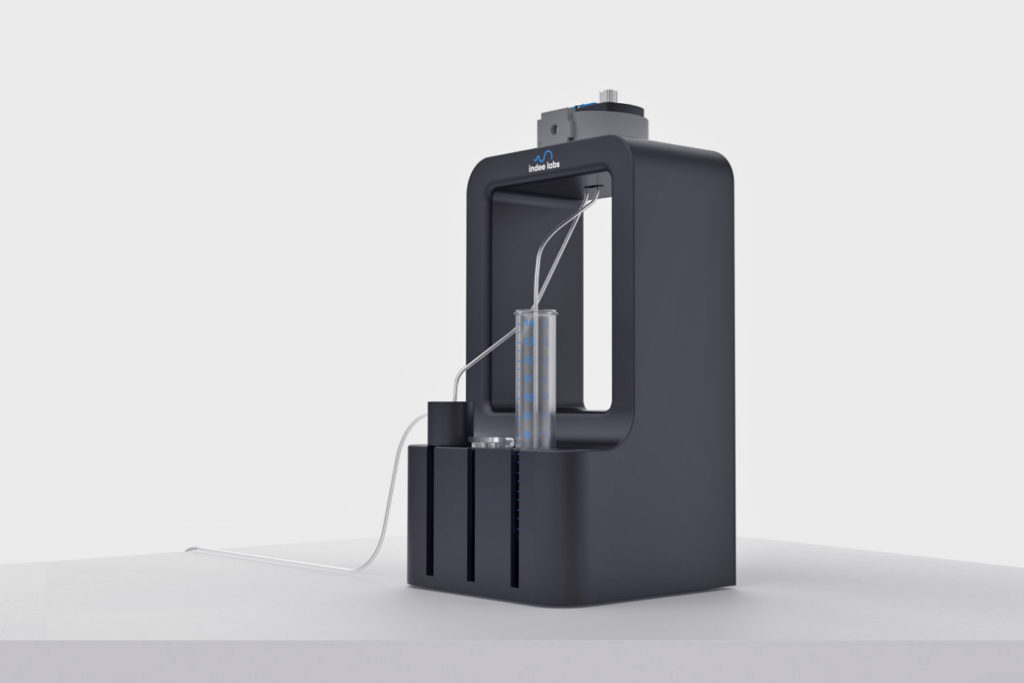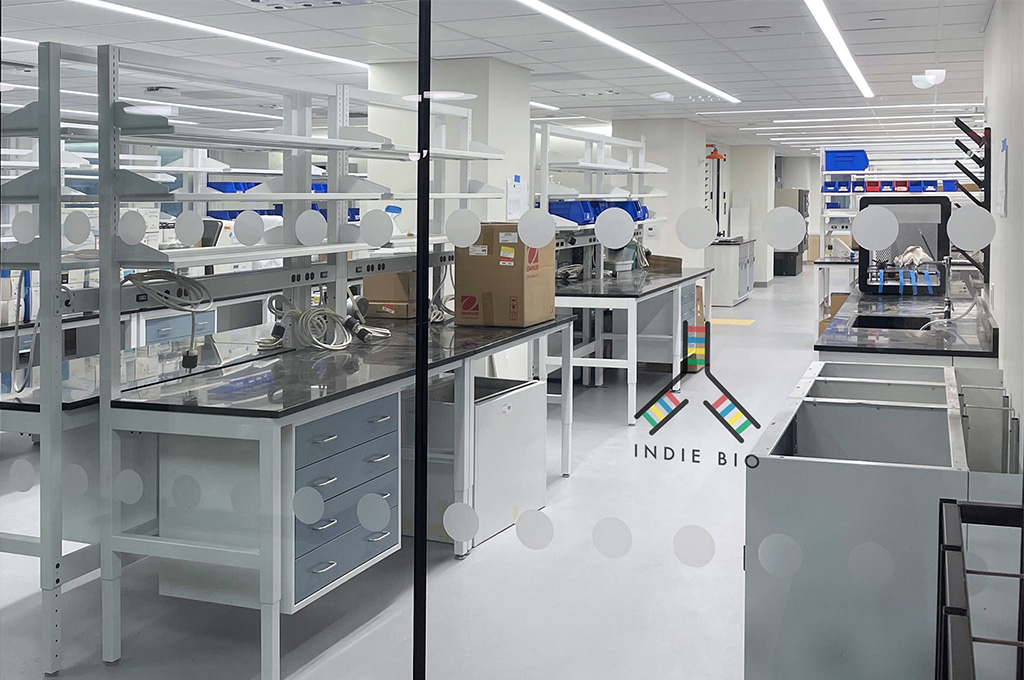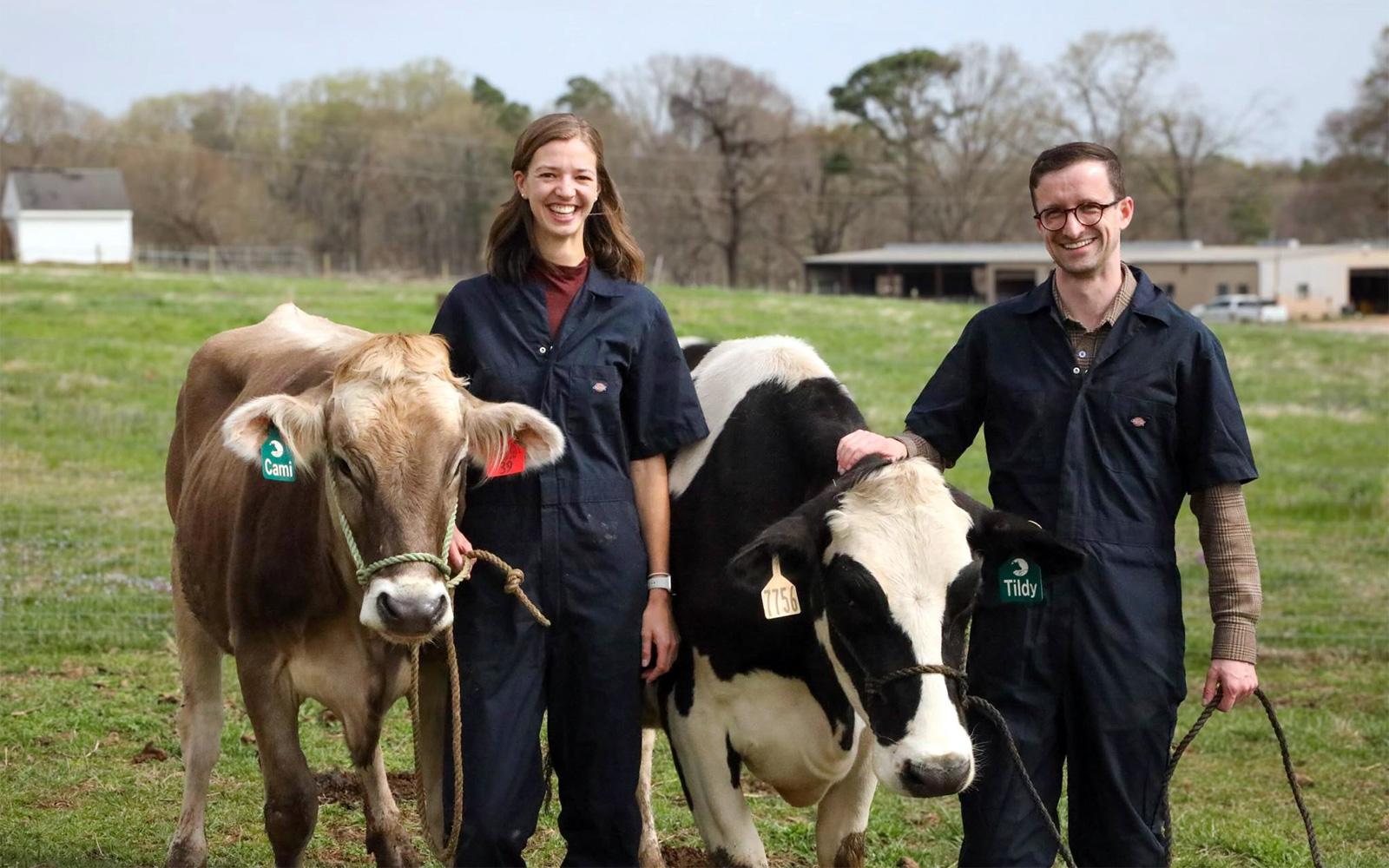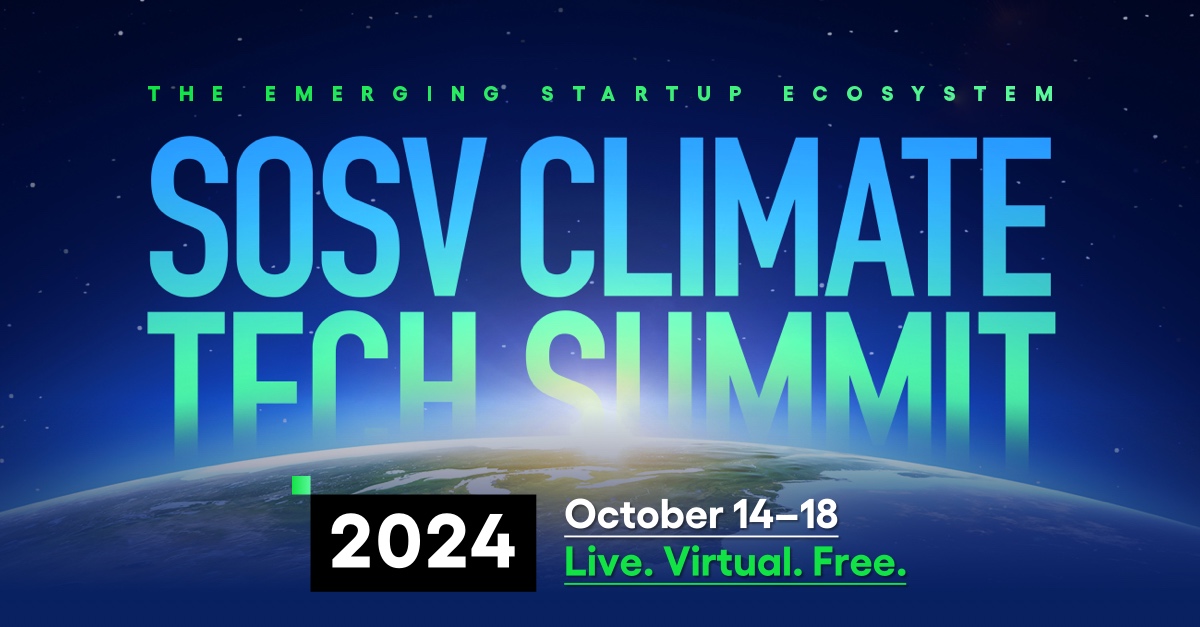
The science of gene therapy poses one of the greatest technical challenges in modern medicine. Researchers and industry face the significant challenge of introducing new functioning genes into cells, and doing so in a scalable and affordable manner.
Indee is a biotech startup developing new tools for gene therapy to bring it to the masses. They’re currently part of IndieBio’s second class of startups. I talked to the company’s CEO, Ryan Pawell, about his story, transitioning to entrepreneurship, and the future of Indee. Check out his pitch live on February 4th on IndieBio’s Demo Day Livestream!
A: Tell me about your background, how did you get interested in the biotech space?
R: I have a B.S. in Mechanical Engineering. My senior project was developing tools for cervical spinal surgeries, and I also worked for a couple years on portable oxygen concentrators to treat breathing disorders like COPD. I realized I wanted to get into stem cells, and thought microfluidics was a good route since it was a high value and low-cost tech for stem cell manufacturing with good potential business models. All that led me to do a Microfluidics PhD in Australia.
A: What problem are you working to solve with your company, Indee?
R: Indee is solving scalable gene delivery. This is really important for gene therapy since right now scales are limited to just a few thousand wealthy patients per year. Creating a scalable process can treat tens of millions of people that die from multiple diseases every year.
A: If you could only pick one thing to validate your reason for forming a startup, what would it be? In other words, what would be the biggest indicator that you are doing the right thing?
R: I just don’t like having a boss. My first job was working for myself, and it was more rewarding and flexible. The whole point of this startup is to work on something that helps other people while enjoying the benefits of self-employment. Right now at an early stage startup there aren’t really any benefits of self-employment [laughs].
A: How do you think success can change your industry?
R: We’re looking to ultimately manufacture these life-changing therapeutics for tens of millions of people every year.
A: How is your team uniquely able to tackle this? What’s the expertise?
R: Our team consists of two full-time employees (myself included), eight advisors, some high-value contractors, and IndieBio/SOSV. Our expertise is in both microfluidics, fluid dynamics, and cell biology. My co-founder, Matt, handles the biology and business development. I do the engineering and operations. Having a co-founder with complementary and effective skillsets has made a huge difference.
A: Any big lessons learned transitioning from academia to startup entrepreneurship?
R: Startups are exciting, challenging, and fast-paced. Academia… not so much.
A: What’s the biggest challenge you’ve encountered so far?
R: It can be tough to stay on top of everything. We have a great two person team but when the work piles up three would be nice [laughs].
A: What are the big goals and milestones you’re looking to hit in the short term? Long term?
R: Our big goals are to verify our technology and sign our next investment. In the short term we want to show gene editing and be able to process 10,000 samples a week. This is proof of concept for a 50-fold improvement over current manufacturing scales without spending 43 million dollars for a manufacturing plant, because we don’t have that. In the long term we’d like to use that system to manufacture 10,000 therapeutics per week so we could treat half a million patients per year.
Get in touch with Ryan at rpawell@indeetx.com



